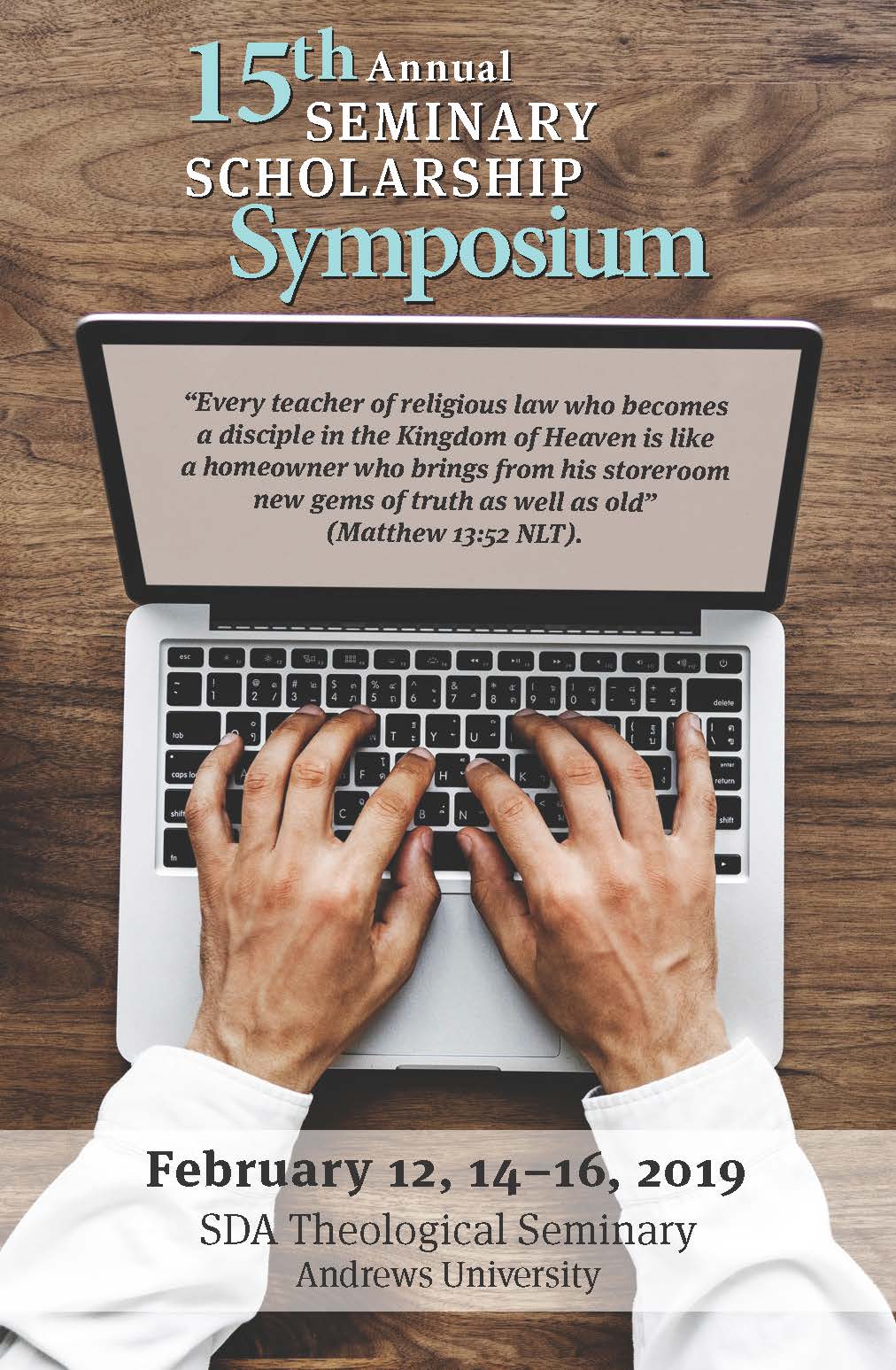What Victory Songs Reveal About the Understanding of God’s Role in Warfare in the Old Testament: Are Israel’s Enemies God’s Enemies And/Or Vice Versa?
Location
Seminary Room N110
Start Date
15-2-2019 9:20 AM
End Date
15-2-2019 9:40 AM
Description
This paper examines two major songs of victory in the Old Testament: The song of Moses in Exodus 15:1–18 and the song of Deborah in Judges 5. These victory songs that were sung after some major battles in the Old Testament. A study of the main elements and theology of these songs can help bible students understand the philosophy or worldview behind those wars and what it meant to the people of God (Israel) at the time and how it may help us understand it better in our contemporary thinking. It addresses the question “Are Israel’s enemies God’s enemies and/or vice versa?” We will analyze the songs in order to establish a concept of God’s role in warfare as expressed in victory songs. We will give special attention to who the enemies are and how the people understand the nature of the enmity. This means that this will include a word study of the Hebrew word oyeb translated as enemy in Deborah’s song in Judges 5 as well as in Exodus 15:9; and how it is used in the larger historical and literary context of the books in which the songs appear. This paper concludes by examining how the answers arrived at fit into the Great Controversy motif.
What Victory Songs Reveal About the Understanding of God’s Role in Warfare in the Old Testament: Are Israel’s Enemies God’s Enemies And/Or Vice Versa?
Seminary Room N110
This paper examines two major songs of victory in the Old Testament: The song of Moses in Exodus 15:1–18 and the song of Deborah in Judges 5. These victory songs that were sung after some major battles in the Old Testament. A study of the main elements and theology of these songs can help bible students understand the philosophy or worldview behind those wars and what it meant to the people of God (Israel) at the time and how it may help us understand it better in our contemporary thinking. It addresses the question “Are Israel’s enemies God’s enemies and/or vice versa?” We will analyze the songs in order to establish a concept of God’s role in warfare as expressed in victory songs. We will give special attention to who the enemies are and how the people understand the nature of the enmity. This means that this will include a word study of the Hebrew word oyeb translated as enemy in Deborah’s song in Judges 5 as well as in Exodus 15:9; and how it is used in the larger historical and literary context of the books in which the songs appear. This paper concludes by examining how the answers arrived at fit into the Great Controversy motif.



